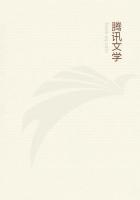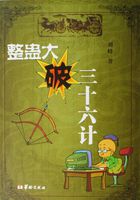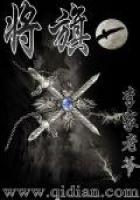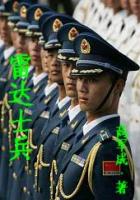In the early history of a science the body of knowledge consists of a mass of ill-understood and ill-related observations, speculations and fancies, which the disciple takes on the authority of the master: but as principles are discovered this incoherent structure falls to pieces, and is replaced by a course of study based on experiment and inference.
So in the early growth of every institution the truth that it embodies is not perceived or expressed in simplicity, but obscurely incarnated in custom and formula.The perception of principles does not do away with the mechanism, but tends to make it simple, flexible, human, definitely serving a conscious purpose and quick to stand or fall according to its success.Under the old system everything is preserved, because men do not know just where the virtue resides; under the new the essential is kept and the rest thrown away.
Or we may say that the change is like the substitution of an alphabet for picture writing, with the result that language becomes at the same time more complex in its structure and simpler in its elements.
When once it is discovered that all speech may be reduced to a few elementary sounds the symbols of these, being sufficient to express all possible words, are more efficient and less cumbersome than the many characters that were used before.
The method of this change is that struggle for existence among ideas which is implied in the wide and free intercourse of modern life.In this only the vital, human and indispensable can survive, and truth is ever casting off superfluity and working itself down to first principles.
We have remarked this in the case of religion, and it would be easy to find the same process at work in other traditions.
The modern world, then, in spite of its complexity, may become fundamentally simpler, more consistent and reasonable.Apparently formalism can never more be an accepted and justified condition, any more than reason can be exchanged for the blind instinct of the lower animals.
It will exist wherever thought and feeling are inadequate to create a wills is much the case at present?but people will not be content with it as in the past.There will be creeds, but they will affirm no more than is really helpful to believe, ritual, but only what is beautiful or edifying;everything must justify itself by function.
Public will, like individual will, has the purpose of effecting an adaptation to conditions that is rational and economical instead of haphazard and wasteful.In general it should greatly diminish, though it can hardly obviate, the cost of social change.In commerce, for instance, it has already rendered crises less sudden and destructive n spite of the enormous scale of modern transactions nd the time should not be very far away when trouble of this sort will be so foreseen and discounted and so provided against by various sorts of insurance as to do but little damage.
In the same way the vast problem of poverty, and of the degeneracy that springs from it, can be met and in great part conquered by a long-sighted philanthropy and education.In religion there is apparently no more need of that calamitous overthrow of the foundations of belief from which many suffered in the passing generation.In the state violent revolution seems likely to disappear as fast as democracy is organized;while in international relations it will be strange if we do not see a rapid diminution of war.In all these matters, and in many others, social costs are capable of being foreseen and provided against by rational measures expressing an enlightened public will.
The guiding force back of public will, now as ever, is of course human nature itself in its more enduring characteristics, those which find expression in primary groups and are little affected by institutional changes.This nature, familiar yet inscrutable, is apparently in a position to work itself out more adequately than at any time in the past.
EndnotesThis line of thought ie developed by Professor E.A.Ross in his book, Sin and Society.The New Basis of Civilization, 61.

